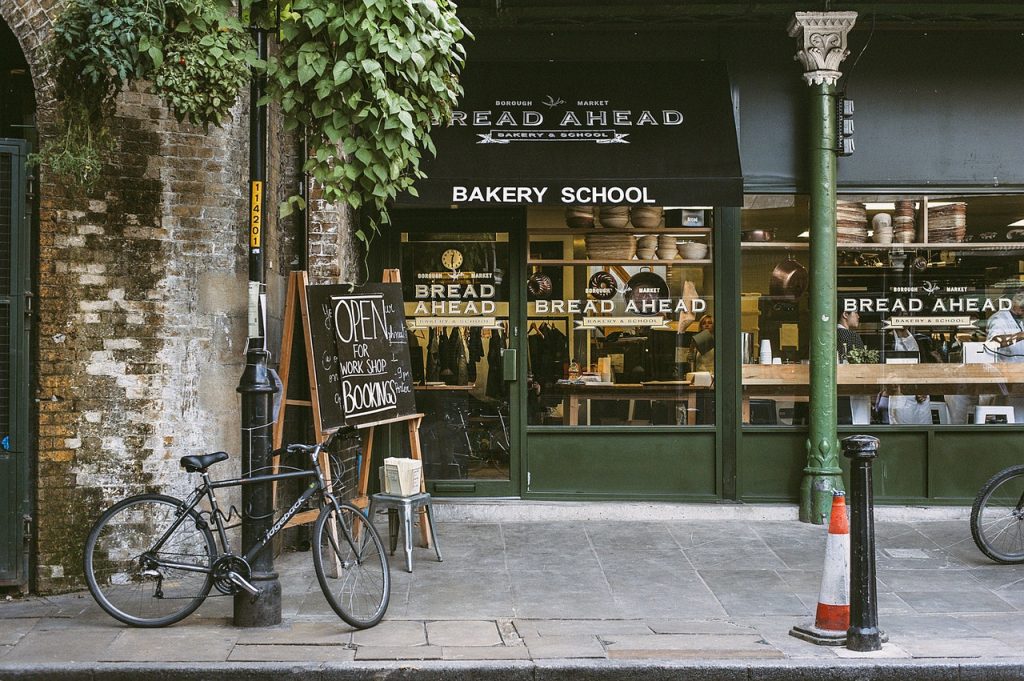
Typically used by professional service suppliers, offices are characterised by long lease periods, which may make them a good investment in a struggling market.
However, this advantage becomes a burden if the industry is doing well but the long-term rental doesn’t include built-in yearly rent increases, so owners can’t capitalise on the positive economic expansion until the lease has expired.
On the flipside, offices bring a high quality of renter, as professional companies are more likely to keep the construction and fitout to a high standard than other commercial tenants.
To encourage tenants to sign a long-term rental, however, office owners often have to shell out substantial sums of money for fit-outs, air-conditioning reconfiguration, internet services and safety enforcement between tenancies.
Office premises generally also need parking, which can add substantial cost to the original purchase price. But this has to be weighed up against the fact that office properties offer typically high yields and strong capital growth.
Retail property is described as properties primarily utilised to market and sell consumer products and services, like bars and restaurants, service stations, gyms, neighbourhood shopping centres and more. It is a popular asset type for investors, as it allows them to keep an eye on how their tenant’s business is doing. But this increased popularity means that returns for this asset type also tend to be lower than returns for industrial and office properties.
Location is vital to the performance of several retail properties, which are inclined to charge higher rent per square metre compared to other commercial property types. And the internal fit-out is critical, also, with tenants usually paying to refresh their shops every four or five years to keep up with changing consumer tastes.
The significant drawback of retail property is that its performance is subject to customer confidence and broader economic performance, which mean retail property owners often struggle with prolonged vacancy periods and late rental payments.
Commercial property investment is complicated and typically brings more significant risks than residential property investment, and that means you should always seek independent expert advice from qualified property management and bookkeeping professionals before submitting an offer on a property.




